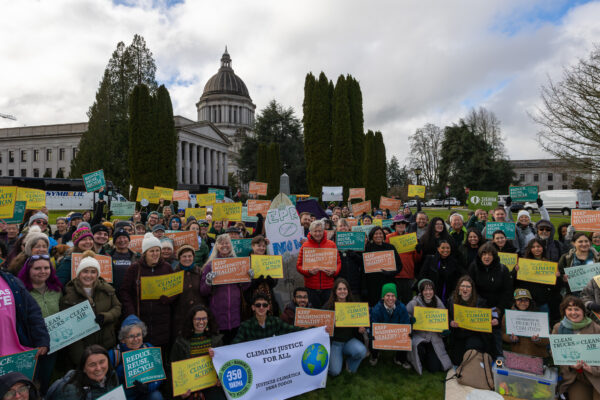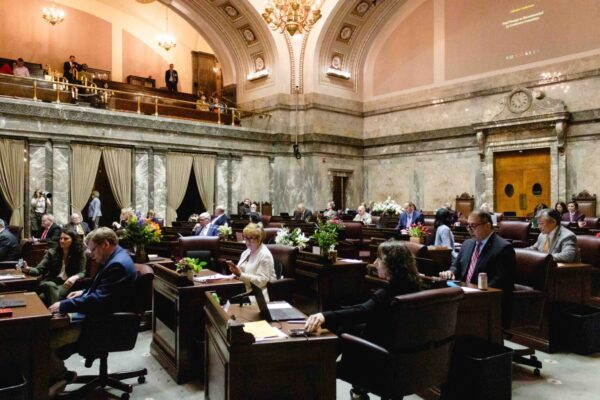The news has been full of stories about oil transport and we know it can be tough to keep track. Here’s a quick breakdown of big developments since the state legislative session:
- Governor Inslee commissioned a study on the changing dynamics of oil transportation – a draft is due October 1st. We are expecting public meetings to be held on October 21st and 23rd in Lacey and Spokane and will be counting on you to help voice concerns about the risks posed to communities and the environment from oil trains and tankers.
- Fifteen cities and counties in Washington have passed resolutions, expressing concern about the risks of oil transportation. In addition to local governments, the Washington Council of Fire Fighters passed a strong resolution calling for a moratorium on transporting crude oil by rail until better safety measures are in place. The Columbia River Gorge Commission passed an equally strong resolution addressing coal and oil trains through that national treasure.
- The US Department of Transportation required rail companies to disclose to the state when trains that are pulling one million gallons or more of Bakken crude oil pass through. Washington was one of the first states to ensure that this information is made publically available. This is a great first step, but unfortunately only covers a portion of the oil coming into our state via trains and tankers. There remain big gaps that we need to fill.
We’ve seen some vivid examples of the dangers of oil by rail – an oil train derailed in Seattle just under the Magnolia Bridge and a train carrying empty boxcars fell from the tracks into the Columbia River. Thankfully there were no injuries and no lasting environmental harm. But we can’t count on being that lucky again.
Looking ahead, we are expecting a busy time during the remainder of 2014 and the first part of 2015. Here are some important upcoming activities that we’re engaged in:
- Working to ensure that Skagit County has an adequate and robust public process to review all the impacts of the Anacortes Shell refinery proposal to receive large crude oil trains.
- Preparing for the public comment periods on proposed terminals in Grays Harbor and the Tesoro Savage project in Vancouver, WA.
- Gearing up for the legislative session and engaging in the Governor’s study.


